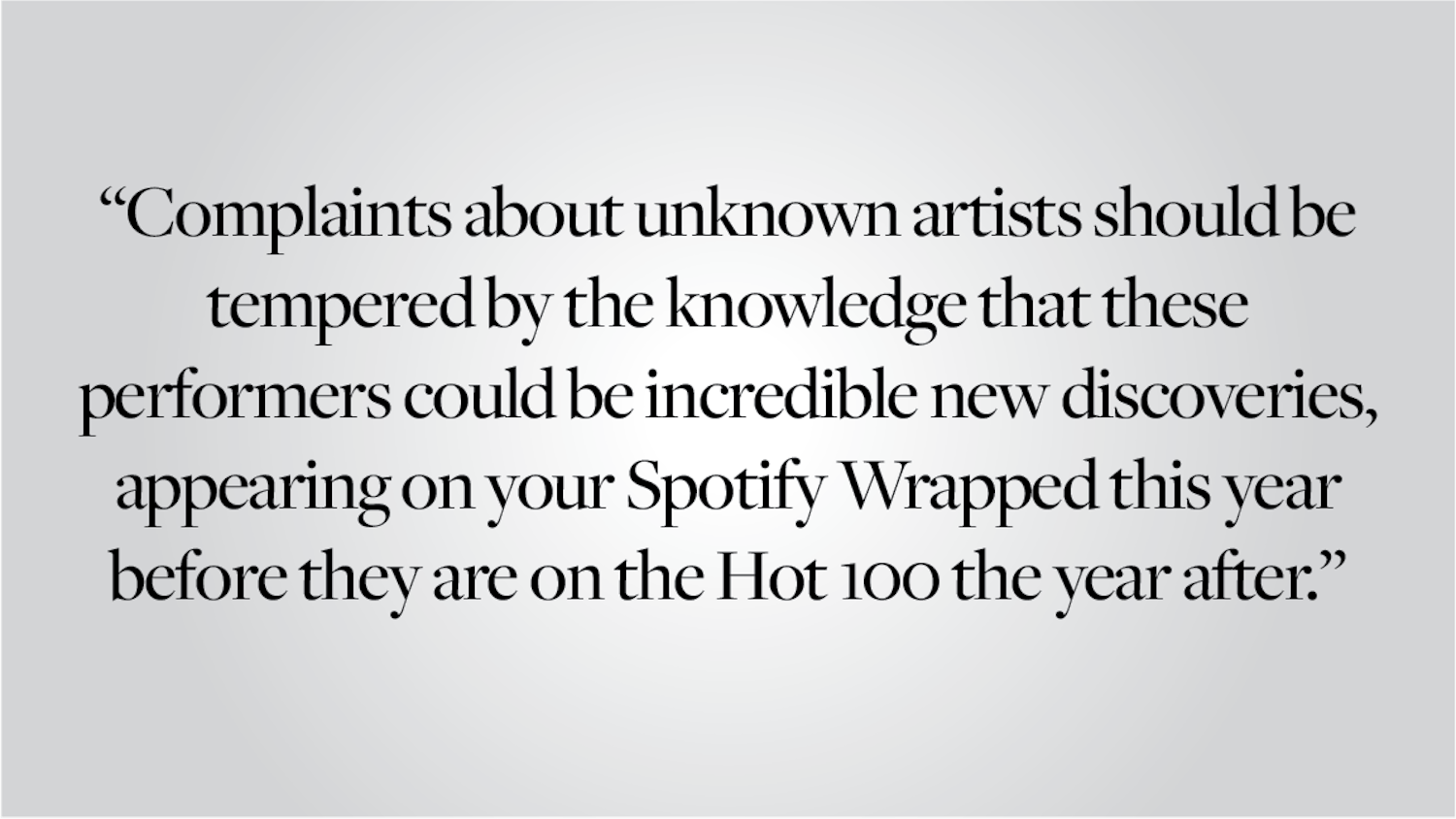The classes I’m taking this semester have me circling back to this one thought: How applicable is the stuff I’m learning in the classroom to the real world? We’re so fortunate to attend a place like Brown. Only a small minority of us will ever get the chance to receive a college education, live in an intellectual environment and explore many of our interests without fear of professional failure. But the work we do in academia might not serve its ultimate purpose — of shaping the world around us for the better — if it excludes or alienates people who don’t have the privilege of being able to afford a degree. The broader purpose of the university and the knowledge developed there — as distinct from service work or community outreach — is to push society forward. But we can’t do that if society as a whole — particularly those who don’t have the privilege of secondary or postsecondary education — is left uninvolved in the production and consumption of that knowledge.
There are different ways in which “academic knowledge” — the kind of theoretical discourse and inquiry that professors write about and students are assigned as course readings — fails to translate in the real world. Let’s take structural racism, for example. The study of this system is performed largely by academics working to understand why and how people of color are subjected to structural disadvantages. While this information can be used by some to help address oppressive practices, those whose experience with structural racism is less abstract and more experiential ultimately get the short end of the stick. If you went up to someone on the street and asked them if they understood how structural racism was operating on them, they might not be able to offer the kind of response that would be deemed “articulate” in some college classrooms — or they might not have even heard of the term before. In this instance, there’s a disconnect between the way we, as college students, talk about an issue and the way that issue functions in real life.
Another example of the inapplicability of “academic knowledge” is the difficulty of bringing information from the classroom into everyday conversation. You might have been in a situation where a friend or relative back home says something harmful that you feel needs to be addressed. But, in moments like these, trying to correct your friend can come off as condescending, because the kind of discourse promoted on college campuses assumes a basic understanding of social justice that hasn’t actually been afforded to everyone. These examples point to the importance of bridging the gap between academia and the real world — especially when it comes to issues of equity and justice. If the work being done in the academy is producing knowledge that’s only accessible to those within the academy, how much good can possibly come from it?
As a student studying the humanities and social sciences, I’ve been inundated with articles and books tackling complex and important topics. And while I feel like I’m grasping the information — as is expected of a Brown student — I often wonder how my understanding of these topics can actually be helpful to someone experiencing something like inequality in the educational system firsthand. As it turns out, I’m not the only one questioning academia’s purpose. According to one study, 58 percent of Republicans and Republican-leaning independents believe that colleges and universities negatively impact our country. Although there are other factors contributing to this number, that so many Americans are skeptical of higher education still reflects a negative perception of academia’s place in society. Clearly, the relevance of the university and “academic knowledge” to the real world isn’t evident to a lot of people — and this unfortunate pattern has to be recognized and rectified.
The fact of the matter is that outside of Brown, the world looks very different. While on College Hill we might encounter readings by Kimberlé Crenshaw and Michel Foucault, outside of the Van Wickle Gates, over 70 percent of prison inmates cannot read above a fourth-grade level. And, though we may think that racism can’t possibly persist on Brown’s campus, just last week racist flyers were posted near Brook and George Streets. With these realities in mind, we must remind ourselves of the true purpose of higher education — producing knowledge that helps people and creates change in the real world, not just in classrooms — and critically determine whether or not this purpose is being achieved. While Brown has taken significant steps to enhance the community-oriented nature of many courses, the Brown bubble remains a prominent feature of academic life here. And if we cut ourselves off from life outside of that bubble and talk about the world’s problems in abstract terms, it’s difficult to see any real change coming about.
This past weekend I attended the Black Solidarity Conference at Yale. The “solidarity” of this conference was rooted not in our commonalities as college students immersed in academia. Rather, it was the experiences and personal stories that were shared by those at the conference that really resonated with us and brought us all closer together. Everyone in attendance was allowed and empowered to share from their own lives, rather than regurgitating what they’d read in a certain text for a class. The value of these contributions was just as significant and powerful as anything any theorist anywhere could write. With this honest, experience-based storytelling comes a tremendous ability to mobilize people to solve important issues instead of just discussing them. It became clear to me that the most effective knowledge isn’t always academic, or rooted in complicated philosophical texts — it can take the form of lived experience, and we should value it as highly as any essay or dissertation.
At the end of day, members of academia have to consistently ask themselves this question: What is the point of learning about the problems of the world if the world is excluded from the change-making process? Developing knowledge that has the potential to be helpful but making it inaccessible to those who need it the most renders that knowledge unproductive. We must remember that life outside of academia is very different. As such, researchers studying the experiences of people should do more to make sure that the research they do is beneficial to those they’re researching. For instance, if you’re studying a problematic dynamic within a specific community and you find evidence to support your hypothesis, you’re obligated to do more than publish your paper and revel in the accuracy of your research. You should try to take steps to help the community to remedy the problem, instead of simply studying it and returning to the ivory tower to have your conclusions circulated exclusively amongst academics. Only by identifying our own privileges as members of academia and by committing ourselves to supporting vulnerable communities can we start to bridge the gap between academia and the real world and fulfill the promise of the university.
Quentin Thomas ’21 can be reached at quentin_thomas@brown.edu. Please send responses to this opinion to letters@browndailyherald.com and op-eds to opinions@browndailyherald.com.




